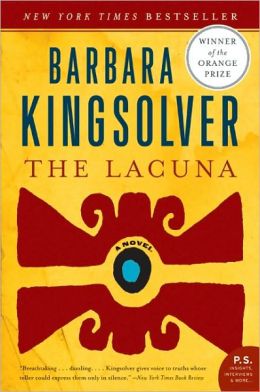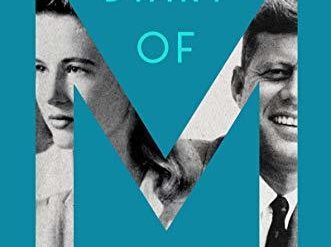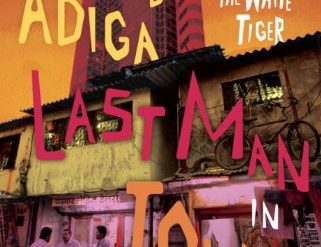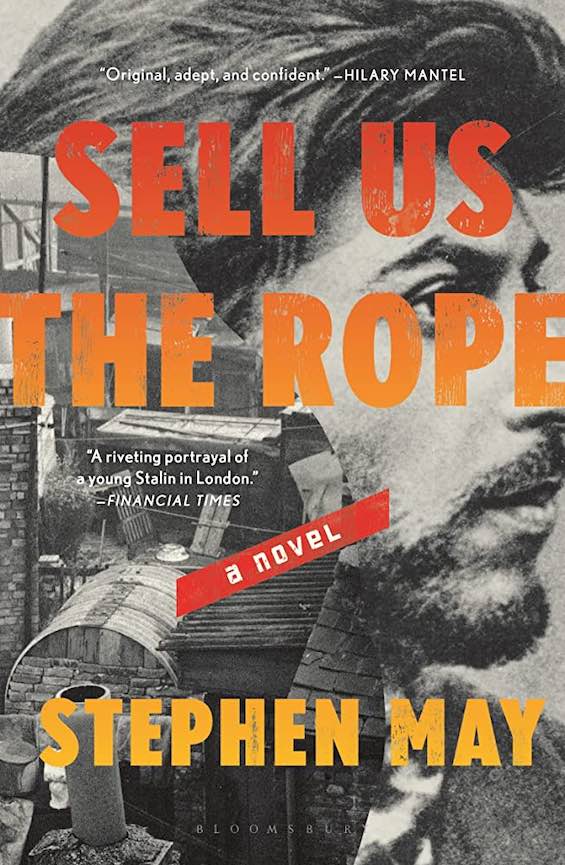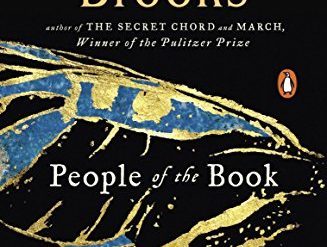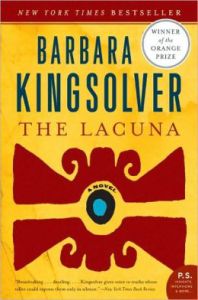
When years ago I read The Poisonwood Bible, I was flummoxed by its power and beauty. It was clear to me that Barbara Kingsolver possessed a fierce talent not just as a storyteller but also as a wordsmith and a reporter. Her vivid prose brought into high relief the tragic reality of life in the 1960s in what is today the Democratic Republic of Congo. Much later I read and reviewed Kingsolver’s recent novel, Flight Behavior, a meditation on the impact of climate change that underlies a tale of life and love in the author’s native Appalachia. Though less compelling than Poisonwood, Flight Behavior was brilliant in its own way. But I wasn’t prepared for her even more brilliant novel in which Leon Trotsky figures as a central character.
Estimated reading time: 4 minutes
All of which is why I was so taken aback when I had difficulty getting into The Lacuna, Kingsolver’s intensely political historical novel of the Mexican Revolution, the Depression in the US, and the anti-Communist frenzy following World War II. On my first try, I set the book aside, finding its open chapters confusing. Then I tried again, no doubt in a more receptive mood, and I fell in love with the work. I found I simply couldn’t resist the insight Kingsolver brings to her work. Here, for example, is a snippet of dialogue from the mouth of a minor character in the novel, commenting on the Red Scare . . .
The Lacuna by Barbara Kingsolver (2009) 681 pages ★★★★★
“You force people to stop asking questions, and before you know it they have auctioned off the question mark, or sold it for scrap. No boldness. No good ideas for fixing what’s broken in the land. Because if you happen to mention it’s broken, you are automatically disqualified.”
By the way, how is that so different from the Know-Nothing attitudes holding sway today in the United States Congress?
The protagonist of The Lacuna is Harrison Shepherd, a writer of best-selling historical romance novels set in the empires of the Aztecs and the Maya. Born shortly after World War I, son of a minor American federal official and a desperate Mexican woman who sees him as a mealticket, Shepherd crosses borders to become a first-hand witness to the Bonus Army march and encampment in Washington under Herbert Hoover, the rise to fame of Diego Rivera and Frida Kahlo, the assassination of Leon Trotsky, and the slow, painful unfolding of the Red Scare that seized hold of the United States in the early years of the Cold War.
Unforgettable portraits of historic figures
The Lacuna is crammed with unforgettable portraits of historic figures. Chief among them are Diego Rivera and his on-again, off-again wife, Frida Kahlo, who fairly leap off the page with the passion that drove them to artistic heights. The dialogue between Kahlo and the protagonist, Harrison Shepherd, is among the most lively and engaging I’ve ever read anywhere (yes, even including Elmore Leonard). Kingsolver’s equally brilliant rendering of the artists’ houseguest, “Leon” (Lev Davidovich) Trotsky, is alone worth the price of this extraordinary book.
Better than anything else I’ve ever read, The Lacuna depicts the desperation of the Depression years, the topsy-turvy uncertainties of the Mexican Revolution, and the insanity of the anti-Communist witch-hunts of the late 1940s and 50s. That’s a lot to cram between the covers of a single novel.
For related reading
I’ve also reviewed three other novels by the author:
- The Poisonwood Bible (A brilliant novel explores the legacy of colonialism in the Congo)
- Flight Behavior (Barbara Kingsolver writes eloquently about climate change)
- Demon Copperhead (An engrossing novel of the drug epidemic)
You’ll find this book on my list of The decade’s top 10 historical novels, mysteries & thrillers, and science fiction.
If you enjoy reading history in fictional form, check out 20 most enlightening historical novels. And if you’re looking for exciting historical novels, check out Top 10 historical mysteries and thrillers.
You might also be interested in Top 10 great popular novels.
And you can always find my most popular reviews, and the most recent ones, on the Home Page.

